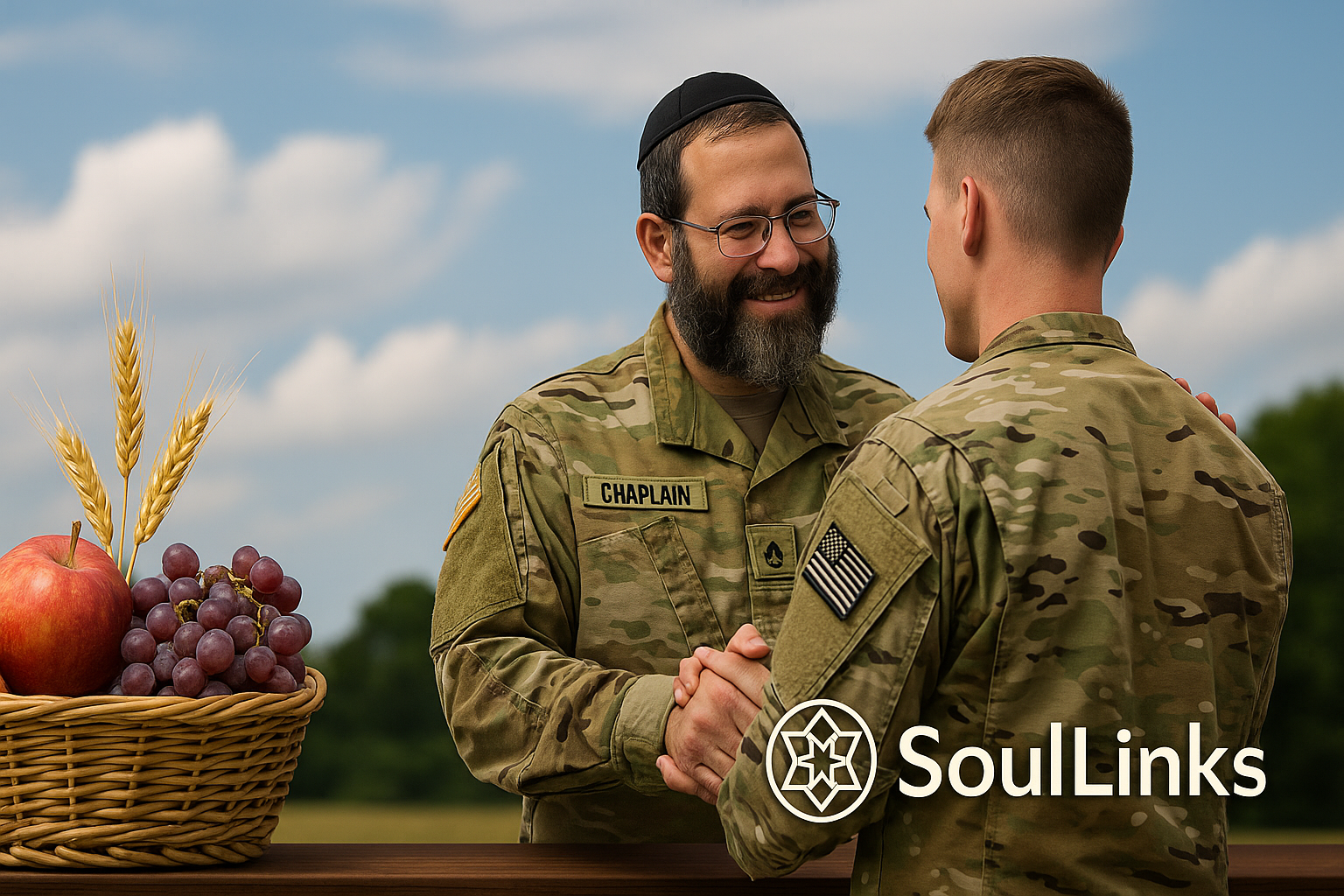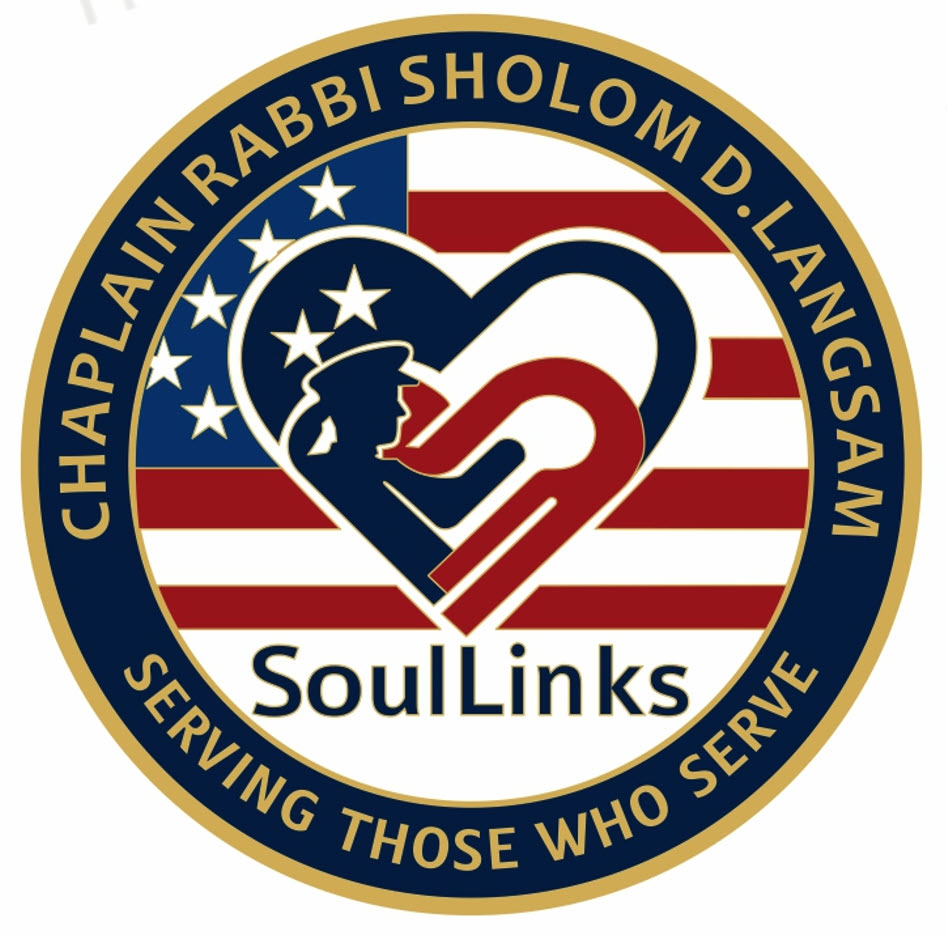A Mission of Love and Gratitude
In this week’s Torah portion, Ki Savo, the Jewish people are commanded to bring their first fruits to Jerusalem as an offering of thanks. Before enjoying their harvest, they paused to acknowledge its Source. The Lubavitcher Rebbe taught that this ritual of Bikkurim wasn’t only about produce — it was about cultivating a life where gratitude comes first.
That idea became real to me recently through a story shared by my dear friend, Shmueli Newman. It’s a story that unfolded in Thailand, one that touched me deeply and reminded me what Chessed Shel Emes — the ultimate kindness — truly looks like.
Chabad’s Mission in Thailand
In places far from home, Jewish travelers often find themselves searching for connection, warmth, and a reminder that they are never alone. Across Thailand — from Bangkok to Chiang Mai, Koh Samui, Koh Phangan, Pai, and Phuket — Chabad centers have become a lifeline for tens of thousands of Jews every year. Whether it’s an Israeli backpacker after army service, a family on vacation, or a business traveler passing through, they are welcomed with kosher food, prayer, and — most importantly — a smile that says, 'You belong here.'
The mission of a Shliach (a Chabad emissary) is simple yet profound: to love every Jew, to help every Jew, and to remind every Jew that no matter how far from home they are, they are never alone.
A Trip with His Son
My dear friend — and fellow LAPD Chaplain, Shmueli Newman — recently shared with me a story from his travels that deeply moved me.
Shmueli had taken his son Doobie, who was preparing to begin yeshiva in Israel, on a trip to Thailand. They spent a few days together in Phuket, taking in the breathtaking lagoons, turquoise waters, and stunning beaches of the Andaman Sea. Rabbi Sholom Glitzenshteyn, the local Chabad Shliach, warmly welcomed them and graciously helped arrange kosher food for their journey.
But just days later, an event unfolded that revealed the very heart of what it means to live with true compassion.
When Tragedy Struck
Shortly after Shmueli and his son left Phuket, tragedy occurred. A 20-year-old Israeli traveler — who had never even visited the Chabad House — fell to his death from the building on which he stood.
His devastated family in Israel reached out to Rabbi Glitzenshteyn, explaining that they could not afford to bring their son home for burial.
Rabbi Glitzenshteyn immediately called Shmueli. Not to ask for support for his own community or programs — but for one reason only:
“A Jewish family is in pain. Can you help?”
Shmueli didn’t hesitate. He agreed on the spot to cover the full cost of bringing the young man back to Israel. Meanwhile, the rabbi went to the hospital, sat beside the young man, and recited Tehillim (Psalms), ensuring his soul would not be left alone.
A Father’s Gratitude
While waiting in the airport lounge for his flight back to the U.S., Shmueli received a message from the grieving father in Israel:
“We, the family, want to thank you for the great kindness and mitzvah that you did. It is not taken for granted that someone helps in such a way. Once again, thank you very much.”
Those words of thanks carried a weight and sincerity that can’t be described.
Midah K’neged Midah — Measure for Measure
As Shmueli reflected on the rabbi’s selflessness, he felt compelled to do more. He reached out to Rabbi Yosef Kantor, the head Shliach of Thailand, and asked how he could help the Glitzenshteyn family.
Rabbi Kantor shared that the family, with their many children, hadn’t been able to visit their parents in Israel for more than two years. Shmueli immediately pledged to sponsor flights for the entire family.
Here’s where the miracle became clear: the cost of those tickets was the exact same dollar amount he had paid to help bring the young Israeli’s body home for burial.
Midah K’neged Midah. Measure for measure. Hashem’s way of reminding us that no act of kindness or gratitude is ever lost.
Lessons We Can All Take
Gratitude Comes First
Just as the first fruits were offered before anything else, we are called to begin every journey, every blessing, every new chapter with a heartfelt Thank You.
Kindness Without Expectation
The highest form of kindness, Chessed Shel Emes, is when we give without seeking recognition or reward. Shmueli’s story reminds us that true compassion is about showing up for others, simply because it’s the right thing to do.
The Ripple Effect of Goodness
Gratitude and kindness have a way of circling back. As in Shmueli’s story, Hashem weaves even our smallest acts of giving into something greater than we could imagine.
This story is not only inspiring — it is also a reflection of what we strive to embody at SoulLinks. Our mission is to serve with compassion, gratitude, and spiritual care — whether it’s law enforcement, first responders, military families, or anyone in need of support — lifting others in their moments of pain and helping transform hardship into light.
Like the mitzvah of Bikkurim and the selfless act of Chessed Shel Emes that Shmueli shared, we believe that gratitude fuels resilience, and kindness brings light into the world.


